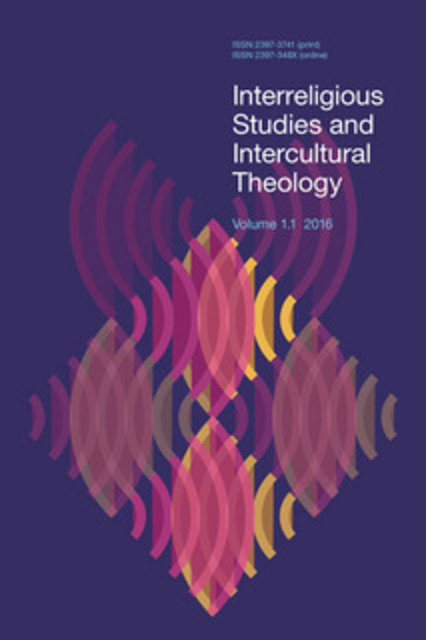Plurality and Constitutionalism Navigating Religious Rights in Teaching Religion in South African Education

Full description
In the establishment of the new South African democracy, modernisation through constitutionalism, globalisation and economic freedom resulted in a pluralist space with pluralist ideas and pluralist politics. Living in plurality means living in a world of difference and living cooperatively with other religions, and this is also inextricably entangled with the history, economics, politics and culture of societies and individuals. Religion remains a key player in society, and, though the State is seen as secular, the Constitution does recognise and support religions and protects the religious rights of the citizenry. But navigating religious differences in a liberal democracy can create tensions when the application of rights is blind to how citizens differ. This article reveals how constitutional interpretations in public education can be perceived by religions as unequal treatment underscoring the limits of plurality.
- typeImage
- created on
- file formatjpeg
- file size44 KB
- container titleInterreligious Studies and Intercultural Theology
- creatorMarilyn Naidoo
- issnISSN 2397-348X (Online)
- issue7.1
- publisherEquinox Publishing Ltd.
- publisher placeSheffield, United Kingdom
- doi
We use cookies to analyze our traffic. Please decide if you are willing to accept cookies from our website. You can change this setting anytime in Privacy Settings.
